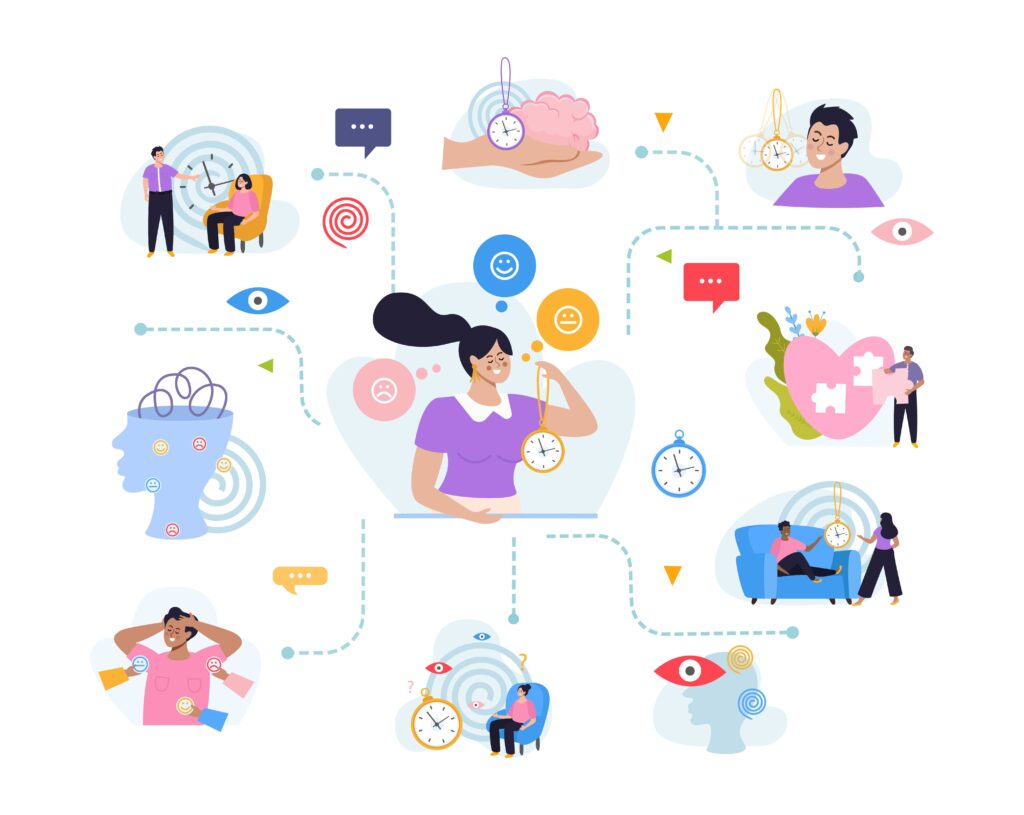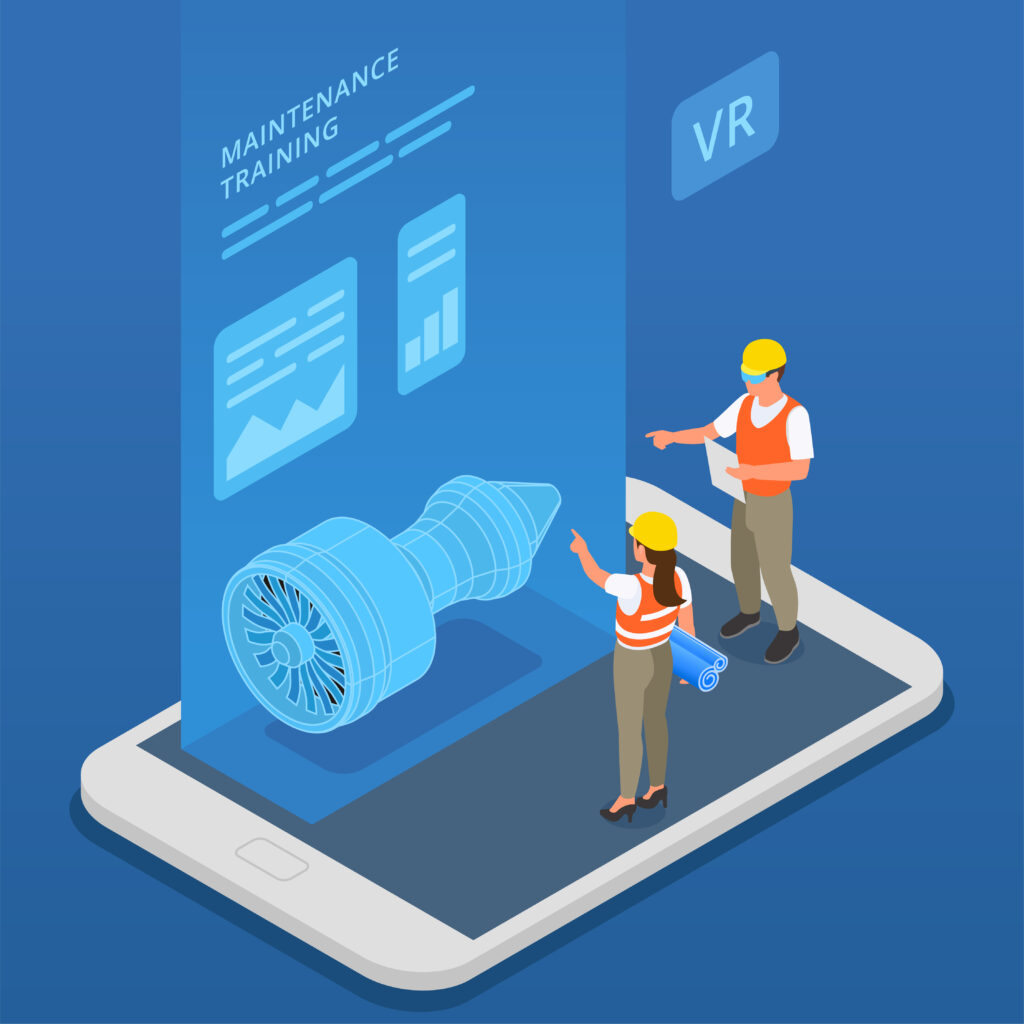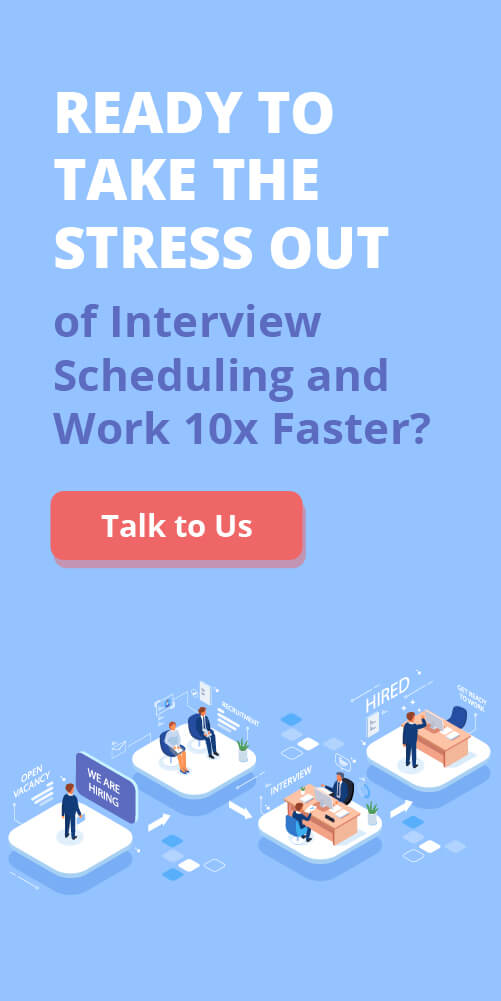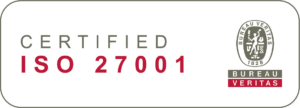Attracting the right talent can be a challenging endeavor. While traditional methods to conduct interviews remain valuable, companies should also explore innovative recruitment technologies and more effective assessment strategies. To help you in this process, we’ve compiled a list of the 11 most popular candidate assessment methods that today’s recruiters can utilize.
Accomplishment Record

The accomplishment record is an organized compilation of information about applicants’ education, job experience, and past achievements that relate to essential job criteria. It operates on the behavioral consistency principle, which suggests that past actions are reliable indicators of future performance and behavior.
Applicants complete a written form detailing personal achievements, including descriptions of situations encountered, specific actions taken, and the outcomes of those actions. These detailed examples are meant to showcase their expertise in key job competencies.
Importantly, accomplishments do not need to be limited to tasks in similar roles – experiences from volunteer work, educational projects, or even relevant hobbies can highlight competencies valuable to the target position.
Biographical Data Tests

Biographical data tests, or biodata tests, operate on the idea that past behavior is a strong indicator of future performance. By asking candidates about their previous experiences, behaviors, interests, and skills, these tests help predict how well they might perform in a specific role.
Test questions are carefully crafted by Subject Matter Experts (SMEs), ensuring they are relevant to the job and aligned with real-world requirements. These questions often cover common life scenarios to reveal personality traits and decision-making patterns. For example:
- How many books have you read in the last three months?
- How often do you prioritize challenging assignments over incomplete tasks?
Candidates choose from predefined answers that reflect their past actions. While individual responses may not reveal much, patterns across multiple items—grouped into specific categories—can provide a reliable picture of a candidate’s potential job performance. This method is particularly useful for roles where consistent behavior and personality alignment are key to success.
Cognitive Ability Tests

Cognitive ability tests are a popular and reliable way to assess a candidate’s thinking skills, including reasoning, memory, verbal, and mathematical abilities. These tests measure how well applicants use mental processes to solve problems, learn new concepts, and adapt to job-related challenges.
The results typically come from a total score based on correct answers, offering a clear snapshot of general mental ability. These tests often evaluate a wide range of skills, from critical thinking and problem-solving to mental agility and learning potential. Common formats include multiple-choice, sentence completion, true/false, or short-answer questions, making them versatile and easy to administer.
Their standardized design ensures consistent scoring, making them a go-to option for recruiters who don’t require highly tailored assessments. For instance, when hiring for a customer support role, a cognitive ability test can gauge problem-solving and verbal reasoning skills, helping you identify candidates who can think quickly and handle customer queries effectively.
Emotional Intelligence (EQ) Tests

Emotional Intelligence tests evaluate a candidate’s ability to recognize, understand, and manage their own emotions while effectively interpreting and responding to the emotions of others. These tests typically involve questions, scenarios, or visual cues designed to gauge how well candidates navigate emotional situations. Scores are calculated using methods like expert scoring (evaluated by trained professionals) or consensus scoring (based on agreement among a sample group).
For example, one EQ test may involve identifying emotions displayed in a series of facial expressions. Another might present scenarios, such as predicting how an anxious team member might respond to an increased workload or determining the best way to support a colleague coping with a layoff. These scenarios mirror real workplace interactions, making EQ tests highly relevant for roles requiring empathy, conflict resolution, and strong interpersonal skills.
For a managerial position, an EQ test might assess how effectively a candidate handles team dynamics and stressful situations. Their responses could reveal how well they can motivate and support employees while maintaining a positive and productive team environment.
Integrity Test

An integrity test assesses a candidate’s honesty, reliability, and overall trustworthiness, making it a valuable tool for minimizing workplace risks. These tests aim to identify tendencies toward counterproductive behaviors such as theft, absenteeism, sabotage, or disciplinary issues. Since integrity is strongly tied to conscientiousness—a key predictor of responsible and ethical behavior—these assessments are also effective indicators of general job performance.
While no test can fully eliminate the risk of misconduct, research shows that candidates with low scores on integrity tests are more likely to struggle in roles requiring high ethical standards. By incorporating this tool into the hiring process, employers can proactively promote a trustworthy work environment and reduce the likelihood of unethical actions.
For roles that involve handling sensitive information, such as in finance or data management, integrity tests help identify candidates less prone to unethical behaviors like data manipulation or misappropriation. This helps organizations safeguard their assets and maintain a strong reputation for integrity and professionalism.
Conduct Interview: Structured Interview

The structured interview remains a staple in candidate assessment due to its proven effectiveness. By focusing on specific job-related competencies, structured interviews provide a more reliable evaluation than unstructured formats. They are designed to assess a candidate’s potential using two primary approaches: situational and behavioral.
In the situational approach, candidates respond to hypothetical scenarios that reflect challenges they might face on the job.
For example:
“You’re working on a team project, but some team members are not contributing as expected, and deadlines are looming. How would you handle this?”
On the other hand, the behavioral approach examines how candidates handled real-life situations in the past, operating on the principle that past behavior predicts future success.
For instance:
“Can you share an example of a time when you had to analyze and interpret complex information? How did you approach it?”
A key advantage when conduct interview this style is consistency. All candidates are asked the same set of questions, ensuring a fair and standardized evaluation process. This format also simplifies scoring, allowing recruiters to make objective comparisons across candidates. Structured interviews are particularly effective in identifying candidates who align with the role’s requirements while maintaining a transparent and equitable hiring process.
Job Knowledge Test

A Job Knowledge Test evaluates a candidate’s current expertise in specific technical or professional areas critical to the role. These tests focus on assessing whether candidates already possess the knowledge required for job success, making them particularly useful for roles where training is minimal or unavailable.
For example, a job knowledge test might cover subjects like basic accounting principles, computer programming, or financial management. Questions can take various forms, such as multiple-choice, essays, or fill-in-the-blank responses. These assessments are often designed based on an analysis of key job tasks to ensure relevance to the role.
Customized tests tailored to the unique demands of a position provide the most accurate insights, allowing employers to directly measure the skills and knowledge critical to job performance. By offering a practical way to compare candidates’ competencies, job knowledge tests are a valuable tool for selecting applicants who are ready to contribute immediately.
While not suitable for roles with extensive post-hire training, these tests are ideal for positions requiring specialized expertise from day one.
Personality Test

A Personality Test evaluates a candidate’s motivations, interests, and emotional characteristics to determine how well they align with specific roles and workplace environments. These tests explore traits that impact job performance and team dynamics using formats such as self-reported questionnaires, structured interviews, observer ratings, and practical exercises like in-basket tasks.
Popular frameworks, like the Big Five Personality Traits—Openness, Conscientiousness, Extraversion, Agreeableness, and Neuroticism—help assess compatibility with job demands. For instance, candidates scoring high on Extraversion may excel in sales or customer service, while those with strong Conscientiousness are likely to succeed in roles requiring attention to detail and reliability.
When combined with other evaluation methods, personality tests provide a well-rounded view of a candidate’s potential fit within an organization’s culture or team structure, making them an effective tool for informed hiring decisions.
Reference Checking

Reference Checking is a key step in verifying the accuracy of a candidate’s claims about their training, job experience, and past performance. By gathering input from former colleagues, supervisors, or direct reports, this process provides valuable insights into the candidate’s work behavior, strengths, and areas for improvement. Reference checks also leverage the principle of behavioral consistency, which suggests that past behavior is a strong predictor of future job success.
While less formal than other assessment tools, reference checks are invaluable for gauging a candidate’s fit with organizational culture and team dynamics. To ensure effectiveness, the process should focus on job-relevant criteria and avoid personal or overly intrusive questions, keeping the evaluation professional and objective.
Situational Judgment Test (SJT)

Situational Judgment Tests (SJTs) are practical assessments used to evaluate candidates’ decision-making, problem-solving, and interpersonal skills in workplace-like scenarios. Candidates are presented with hypothetical job-related situations and must select or rank responses based on how they would handle each one.
SJTs assess a variety of competencies, such as leadership, teamwork, conflict resolution, cultural awareness, and negotiation skills. Beyond technical expertise, they provide insights into a candidate’s soft skills, making them valuable for roles where emotional intelligence and adaptability are essential. By simulating real-world challenges, SJTs help employers gauge how candidates might perform on the job.
Work Samples & Simulations

Work samples and simulations are hands-on assessments that require candidates to perform tasks directly related to the job they’re applying for. These tools are ideal for evaluating job-specific skills and readiness to handle real responsibilities from day one.
For instance, an applicant for an administrative assistant role might be tasked with organizing and filing documents, reflecting actual job duties. Similarly, a simulation could involve resolving a client issue in a role-playing exercise, and assessing problem-solving and communication skills. These practical tests provide employers with a clear view of a candidate’s ability to meet job requirements, moving beyond resumes and theoretical qualifications.
To Conclude…
The strength of your recruiting program is a direct reflection of your company’s values and effectiveness. In a landscape where many businesses still rely on outdated candidate assessment methods, embracing diverse and innovative approaches can set you apart from the competition. To truly enhance your hiring process, it’s essential to have a deep understanding of various assessment methods.
That’s where we come in. We invite you to grab Rakuna’s extended and detailed guide on the Top 11 Candidate Assessment Methods. In this guide, we’ll dive deeper into critical aspects such as:
- Validity: Gain insights on how accurately these methods assess job-related skills and predict future performance.
- Applicant Reactions: Discover how candidates perceive these methods and their overall impact on the hiring experience.
- Administration Method: Learn the practical details for setting up and conducting each assessment effectively.
- Subgroup Differences: Understand how different demographics may be impacted by each method and explore potential risks of bias.
- Development Costs: Get a clear picture of the resources needed to create and implement these assessments, including time, budget, and expertise.
- Administration Costs: Uncover the ongoing resources required to effectively administer each assessment.
Don’t miss out on this opportunity to transform your recruiting strategy with insights that can lead you to the ideal candidates. Download the guide now and start revolutionizing your candidate assessment methods today!


